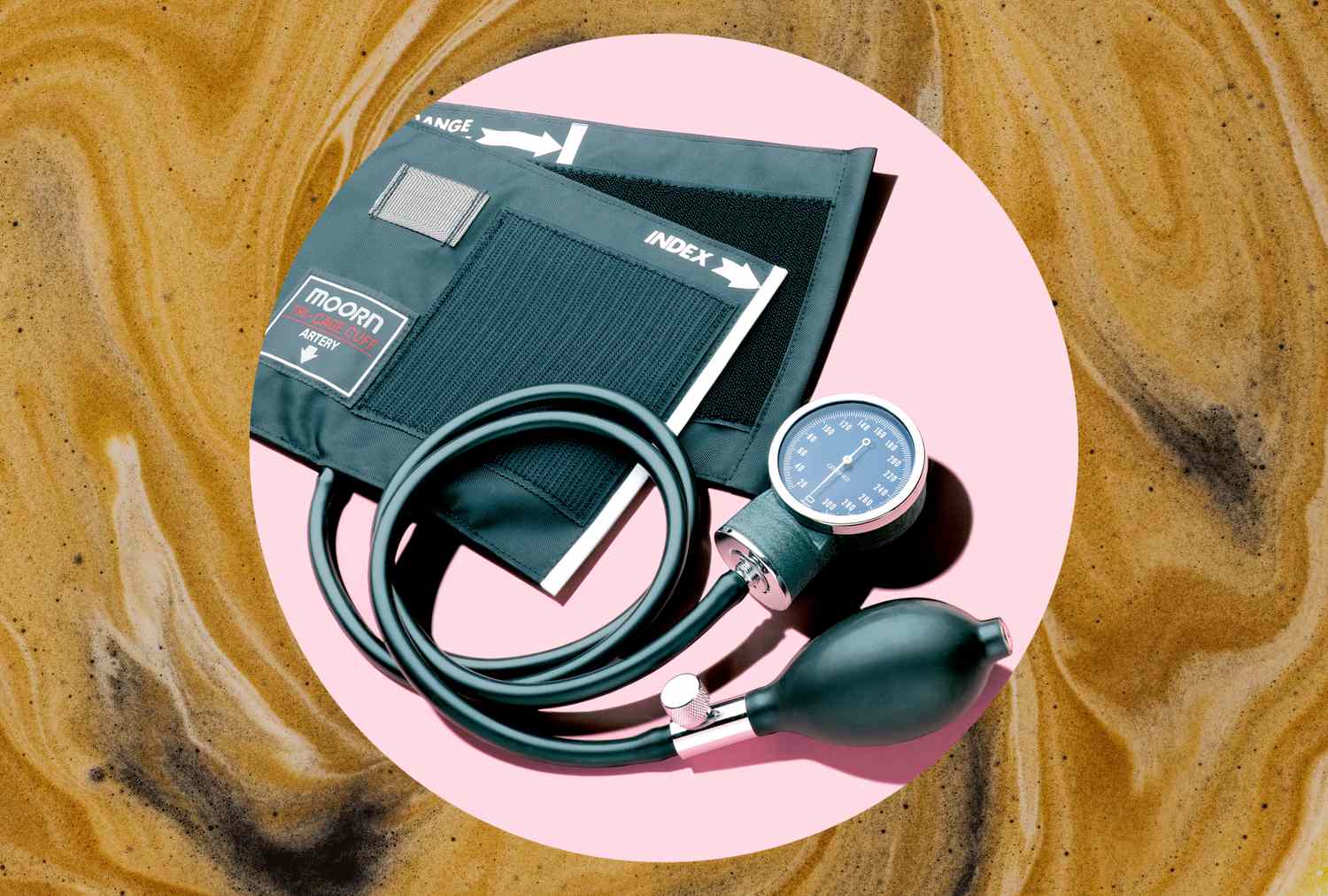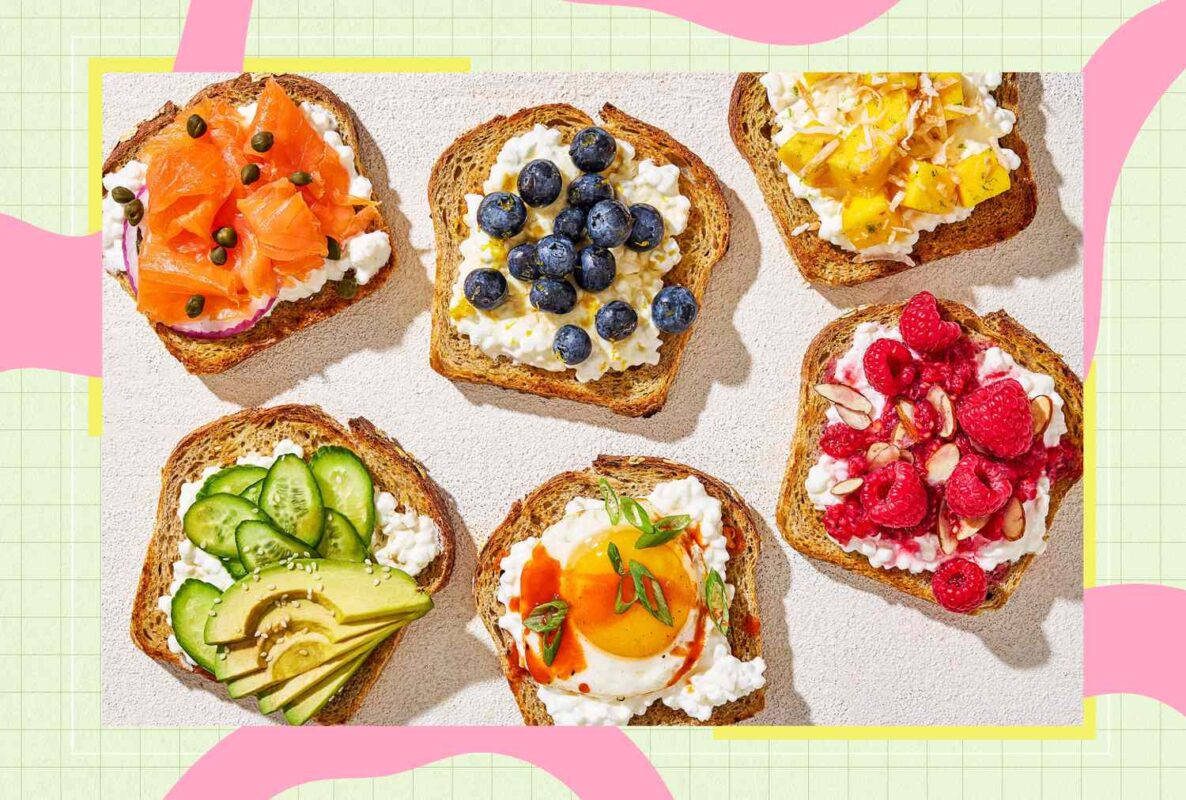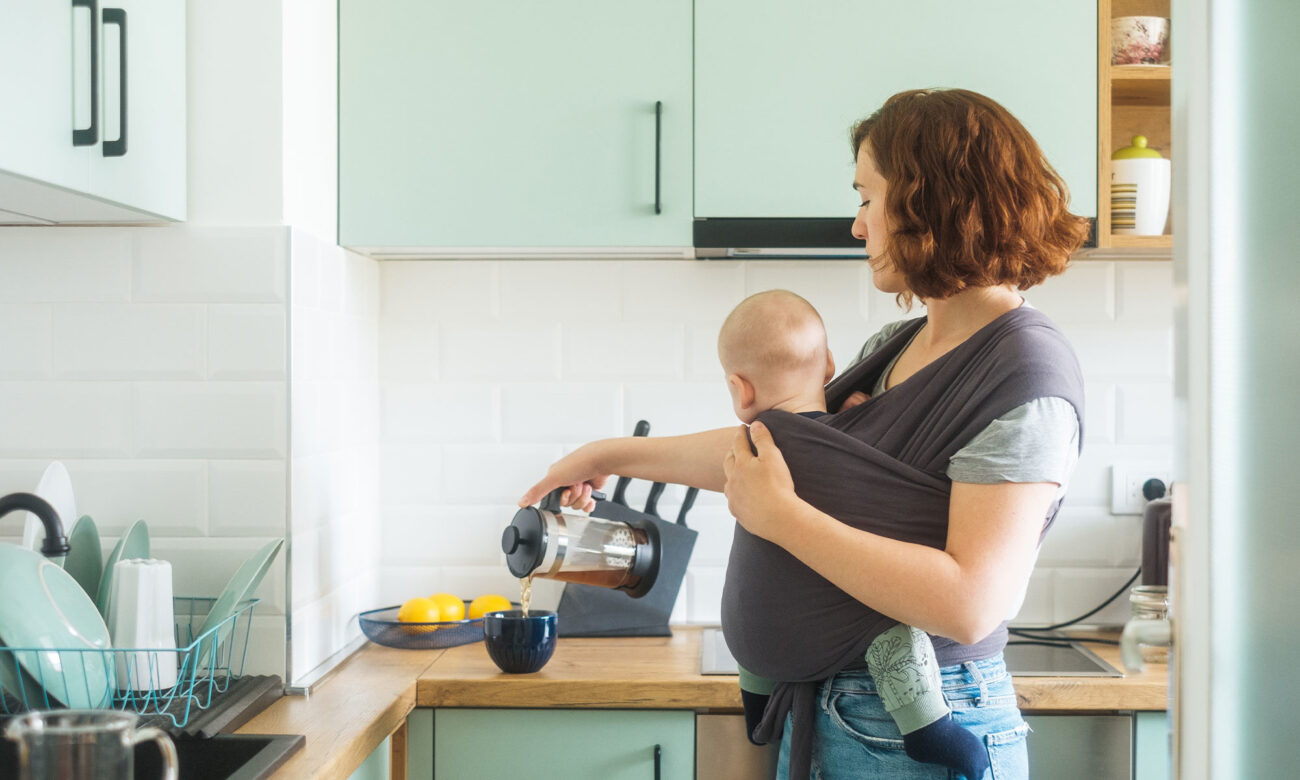Blog
What Happens to Your Blood Pressure When You Drink Coffee

- Coffee can raise blood pressure in the short term, but it is unlikely to have a long-term impact on most individuals.
- Antioxidants in coffee may support healthy blood vessels and reduce pressure over time.
- Brew method and caffeine amount matter—filtered and moderate intake are safer choices.
If you wake up looking forward to your morning cup of joe, you’re in good company. According to data from the National Coffee Association, approximately two-thirds of Americans drink coffee daily. Meanwhile, almost half of US adults have high blood pressure—systolic blood pressure above 130 mmHg or a diastolic blood pressure above 80 mmHg. Is our love for coffee contributing to the prevalence of high blood pressure? Or is the opposite true—could drinking coffee help lower your blood pressure? We spoke with experts and combed through the latest research to share the 411 on how coffee affects blood pressure.
Why Coffee Affects Your Blood Pressure
You may love coffee for its stimulatory effect that helps you feel alert. While this is one of the key benefits of coffee, it’s also the reason why coffee can raise your blood pressure, at least in the short term.
“Caffeine can temporarily spike blood pressure, even in people without hypertension,” says Kiran Campbell, RDN. “This is due to its stimulatory effect on the central nervous system, prompting the release of adrenaline and blocking adenosine, a chemical that helps blood vessels relax,” she says. When adenosine is blocked, your blood vessels constrict, which can lead to an increase in blood pressure. Studies show that in the short term, coffee can indeed raise blood pressure and heart rate. However, it doesn’t necessarily translate to high blood pressure in the long term.
“Over the long term, most people develop a caffeine tolerance. Although evidence is mixed, moderate consumption doesn’t appear to permanently raise blood pressure in most healthy adults,” says board-certified cardiologist Edo Paz, M.D.
4 Factors That Affect How Coffee Impacts Your Blood Pressure
Blocks Adenosine
Adenosine is a molecule that increases your sleepiness. Caffeine blocks adenosine receptors, which is why it helps you to feel more awake and alert. However, adenosine also impacts cardiovascular health. As we mentioned earlier, the adenosine-blocking activity of caffeine can cause your blood vessels to contract, which can raise blood pressure.
Has Antioxidants
Studies show that oxidative stress and inflammation may prevent the cells lining your blood vessels from dilating as they should. When your blood vessels can’t expand properly, your blood pressure can rise. That’s where antioxidants come into play. They help prevent oxidative stress and inflammation, improving blood vessel function.
Coffee contains many antioxidants, including polyphenols. These antioxidants can help dilate your blood vessels, which can lower blood pressure over time. In fact, some studies have found that coffee’s antioxidant-related benefits may outweigh the blood pressure-raising effects of caffeine.
Increases Adrenaline
As a stimulant, caffeine triggers your adrenal glands to release adrenaline. This hormone raises your heart rate and constricts your blood vessels, increasing blood pressure. That said, these effects are more prominent when you routinely drink large amounts of caffeine. Moderate coffee consumption isn’t shown to cause vascular issues in the long run.
In fact, one study found that patients with hypertension who drank half to two and a half cups of coffee per day had better vascular function than those who didn’t drink any coffee.
How You Brew It Matters
Did you know that the way you brew your coffee can impact its effect on heart health? While it doesn’t appear to affect blood pressure, it can affect cholesterol—another risk factor for heart disease and stroke.
Unfiltered coffee (e.g., French press or Turkish coffee) is high in diterpenes, which can raise your LDL cholesterol levels (known as the “bad” kind of cholesterol). Filtered coffee—such as drip coffee or pour-over—on the other hand, has a low diterpene content, making it better for cholesterol. Studies have found that drinking filtered coffee is linked with a lower risk of death from cardiovascular disease, but drinking high amounts of unfiltered coffee can raise your risk.
If you like drinking unfiltered coffee from time to time, it’s probably nothing to worry about, but if you’re a big coffee drinker and you’re worried about cholesterol, consider making filtered coffee your go-to.
How Much Coffee Is Safe for Blood Pressure?
“Most health authorities, including the FDA and the American Heart Association, consider up to 400 mg of caffeine daily (roughly 4 to 5 cups of brewed coffee) generally safe for healthy adults,” says Campbell. However, if you have hypertension, you may need to limit your intake to less than that.
For people with blood pressure concerns, “I typically recommend no more than one cup a day,” says Paz. “Monitor how your body responds to different types and quantities, and you can try smaller servings, half-caf or decaf.”
Keep in mind that different coffee drinks have different amounts of caffeine. A shot of espresso has about 63 mg of caffeine, whereas an 8-ounce cup of coffee generally has 95 mg of caffeine. “Cold brew can be much higher in caffeine, depending on brew time and bean-to-water ratio,” says Campbell. Decaf is a good option to cut back on caffeine while still enjoying the flavor of coffee. Each cup has just 3 mg of caffeine.
If you’re on blood pressure medication or have uncontrolled hypertension, Paz suggests speaking with your health care provider for guidance on how much caffeine is safe for you.
Tips If You’re Concerned About Blood Pressure But Love Coffee
- Monitor your blood pressure after drinking coffee. “Try checking your blood pressure before and after drinking coffee. Moderate consumption (1–2 cups per day) is likely safe if there’s no significant spike,” says Campbell. Your healthcare provider can help you determine a healthy blood pressure goal that is right for you.
- Be mindful of other caffeine sources. “Monitoring any other caffeine sources in your diet, like teas, soft drinks, chocolate, energy drinks or supplements, is also essential, as intake of these foods could quickly surpass the FDA’s 400 mg daily caffeine recommendation,” says Campbell. You may be able to reduce your intake of other sources of caffeine to make room for more coffee in your diet.
- Opt for half-caf or decaf coffee. “If you’re highly sensitive to caffeine or your doctor advises cutting back, try half-caf blends or gradually swap in decaf to maintain the ritual without the extra jolt,” says Campbell. This can help you enjoy the coffee flavor you love without all the caffeine.
- Speak with a healthcare professional. When in doubt, speak with a healthcare professional for individualized guidance. They can help you come up with a plan to manage your blood pressure, including helping you determine how much coffee is safe for you to drink.
Our Expert Take
Coffee lovers, fear not. Your daily cup of coffee likely won’t raise your blood pressure in the long term. Although the stimulant effect may constrict your blood vessels and raise blood pressure in the short term, the antioxidants in coffee have a protective effect on your blood vessels and blood pressure. For most people, even 3-4 cups per day is considered safe, but if you have high blood pressure, consult a healthcare provider for individualized guidance on the best amount for you.












